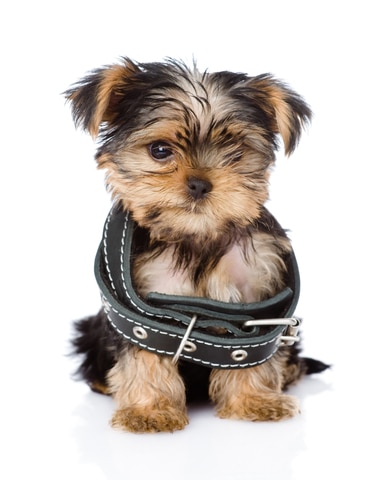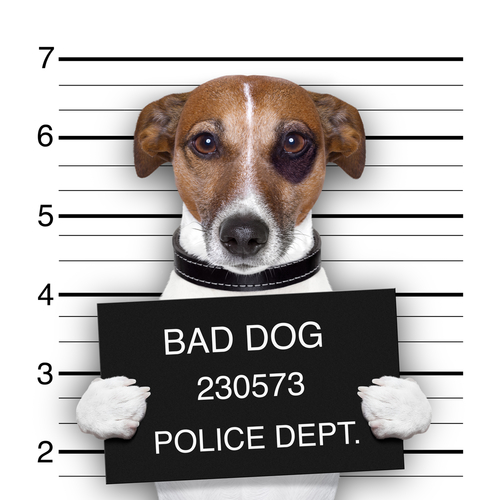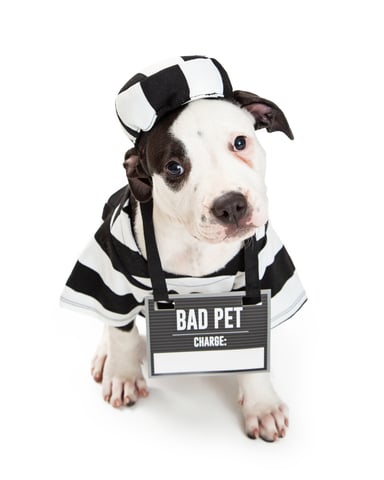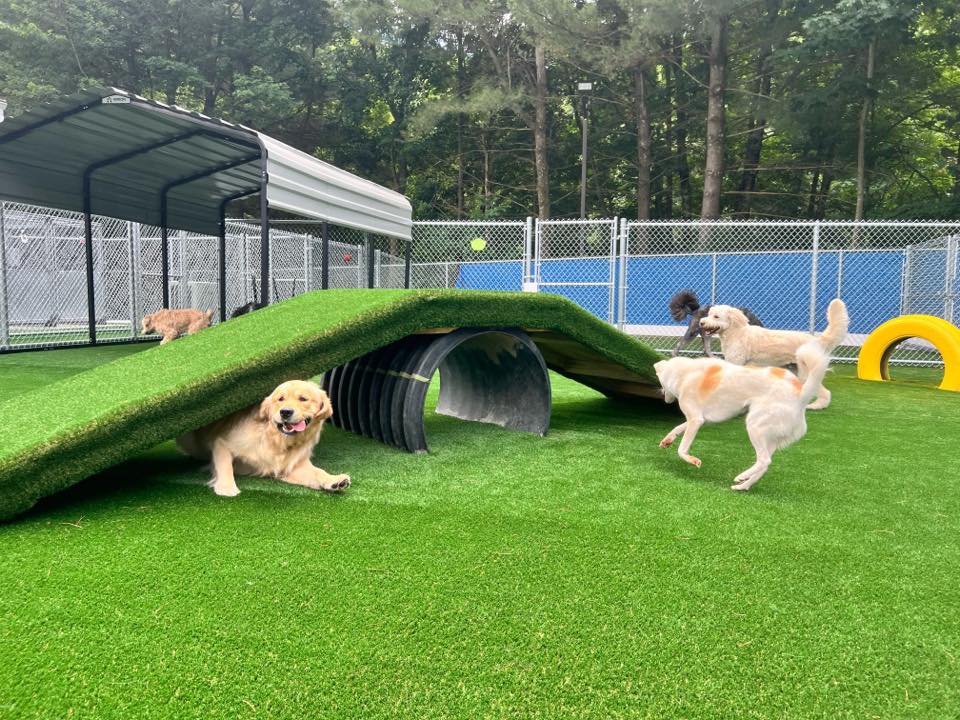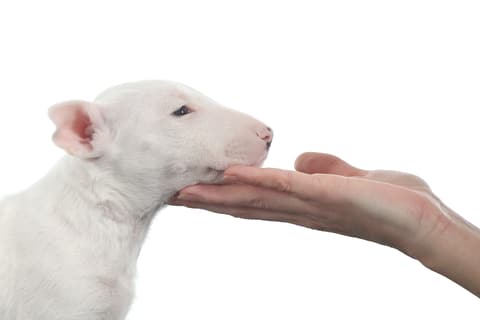Getting your puppy or dog out and about - Post COVID
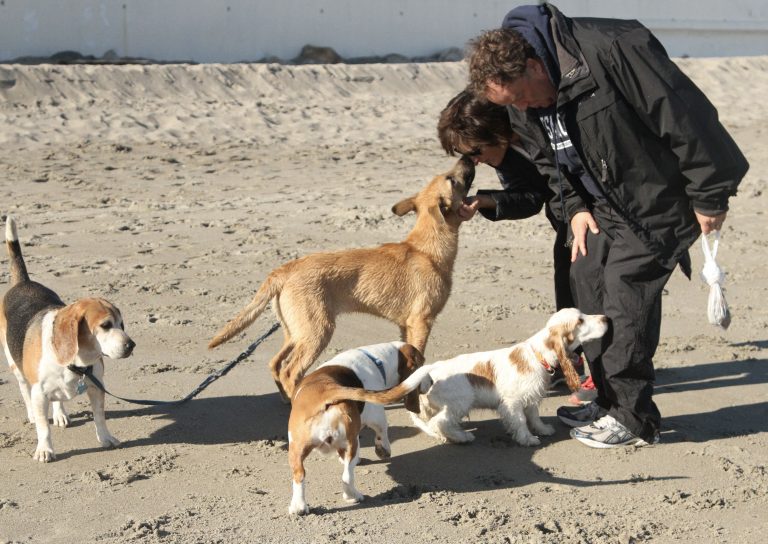
It’s been over two thousand years since Confucius wrote, “I hear and I forget. I see and I remember. I do and I understand.” This proverb has been validated in modern times through research studies that demonstrate that students listening to a lecture retain only about 10% of what they hear. When they watch a demonstration, they remember more—but still retaining only about 35%. Even when doing—that is, practicing a task— retention rises to just 50%.
As a teacher and seminar presenter, I find Confucius’ proverb, and the research studies extremely depressing. If I present an hour-long program, I can count on the audience remembering about 10% of my words of wisdom—and that’s probably the jokes. So I’m continually looking for ways to improve the retention.
One technique is to use alliterations, which can be useful to help students remember concepts—at least I hope they are. Alliterations are consecutive words starting with the same sound—think of Peter Piper and his peck of pickled peppers.
One alliteration I use in our puppy classes I call the “Four ‘E’s of Enrichment”: Experience, Explore, Encounter and Examine. The E’s help owners create an environment for their puppy to have the best possible head start to adulthood through a broad range of experiences, commonly called “socialization.”
Socialization is the process of introducing a puppy to a diverse range of people, places and things. Through exposure to different things, a puppy learns to accept “the new”—new environments, individuals and activities. Being able to explore and examine new things strengthens a dog’s coping skills, enabling her to tolerate and accept unfamiliar things throughout life. Especially significant in the first four months of a puppy’s life, the importance of the four E’s cannot be overemphasized. Without such enrichment, dogs go through life fearful of and stressed out by anything new and unfamiliar.
Because so many dogs have lacked enrichment during the COVID-19 pandemic, it’s important to re-introduce your dog—and especially a new puppy—to new things in a relaxed positive way. For new puppies, seek out—and check out—a puppy class in your area. Ask your veterinarian for recommendations, and then talk with the trainer that runs the school to make sure their class offers what you are looking for: socialization and a broad range of positive, reinforcing, happy experiences and enrichment.
Socialization doesn’t mean necessarily including everything your dog might be exposed to in the future, but it’s important to provide variety during this time when a puppy’s development makes him accepting of new things. With early socialization, you’re well on your way to having a well-rounded, emotionally healthy, normal dog. And continuing socialization, or re-socialization in these times, is critically important for a puppy’s and a dog’s mental and emotional well-being.

